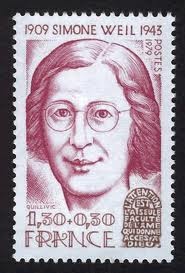Understanding Simone Weil’s “Science of the Supernatural” within the Context of Rationalism
DOI:
https://doi.org/10.13135/2038-6788/9964Keywords:
Good, Grace, Reality, Science, Simone Weil, Supernatural, TransformationAbstract
In her oeuvre, Simone Weil focused on that “other reality,” as she termed it, situated outside space and time, otherwise called the supernatural. Though it is inaccessible to human faculties, it is, paradoxically, essential to an accurate anthropology, central to the just constitution of a state, and, indeed, key to the accurate perception of reality. But how can the twain meet? And how can its existence be proven philosophically and scientifically, when it is not empirically verifiable and appears to be experienced only by a select few? Weil suggests a number of approaches demanding a rethinking of positivist tenets. She shows how the supernatural or grace changes the relationship of forces (such as power and necessity) that rule the world. Like nature, the supernatural has its own laws which Weil traces in a philosophical “science of the supernatural,” seeing in Plato’s allegory of the cave an image of its action on the soul. It is the Archimedean point from which the world can be lifted out of its hinges, when it would otherwise submit to evil as necessarily as a stone obeying the law of gravity. It is an element that cannot be left out of the mathematical equation of the world, since it lies at its very center.



